Today, on World Environment Day, Lithuanian artists Agnė Gintalaitė and Rimas Valeikis presented a photography exhibition, where you can admire unique floral mandalas. Most unexpectedly, when you come closer to the pictures, you can see that these flower petals are created from a wide variety of electronic waste – vacuum cleaners, burned out light bulbs, discharged batteries, old computer screens, electronic toys, wired phones and other discarded small electronic equipment. The project was initiated by the local Association of Electronic Distributors (EPA), who collaborated with artists in order to draw public attention to the importance of electronic waste recycling. The exhibition will be available for the residents of Vilnius and city guests, while the rest of the year the pictures will travel to other Lithuanian cities.
According to the EPA’s director Linas Ivanauskas, today, while celebrating World’s Environment Day is a great opportunity to reflect on the impact of modern human life and what it does to the surrounding environment. “This year United Nations General Assembly declared Environment’s Day slogan as “Connecting people to nature”. Modern man is surrounded by a variety of technologies. While using their advantages, we have to act responsibly, especially in cases when certain devices or equipment are no longer necessary to us. A man, who is using modern electronic devices on a daily basis should not become an opposition to nature: they must exist in harmony, and it is an integral part of responsible electronic waste sorting – this way we preserve the environment” – says Mr. Ivanauskas.
The authors of the concept and pictures – photographer and writer A. Gintalaitė and artist R. Valeikis says that art is a great tool for raising public awareness about various public issues and might even contribute to the problem-solving process. “Art should inspire, shock and stimulate to grow and change inside. A pile of garbage is obtrusive, but the human touch: sorting the garbage, arranging it according to the colors and forms, create a new aesthetic object. Just as ugliness becomes beauty, by sorting and recycling electronic waste we create something qualitatively new. The new reality of the unnecessary e-waste objects is created and this aesthetic object symbolizes a new moral category. It becomes a reminder that we must act responsibly and properly sort waste” – says A. Gintalaitė.
The project consists of 10 pictures, where mandala-like flowers are created from original petals. “Centered plants, flowers, ripples created by raindrops – it’s a kind of mandala, which is a natural thing in nature. People are surrounded by modern technology, so these discarded electronic devices shaped in to petals of the mandala, should create a connection. We wanted it to be aesthetically pleasing, looking at them should be as a kind of therapy, and while examining the details – you should feel the desire to seek and find both interesting details and questions with answers” – says well-known photographer and writer.
In the manufacturing process of these pictures artists used different sized batteries, electrical wires, lightbulbs, microchips and small electronic devices: laptops, TV’s, vacuum cleaners, electronic toys, music players, phones and so on. E-waste for this project was provided by electronic waste recycling company EMP Recycling.
These pictures can be seen by Vilnius residents and city guests from the 5th of June until the 16th of June in Vilnius Gediminas Technical University, the Hall of Architecture, on the 4th floor.
Agnė Gintalaite and Rimas Valeikis
941views
Share on Facebook
 Dark Mode
Dark Mode 

 No fees, cancel anytime
No fees, cancel anytime 






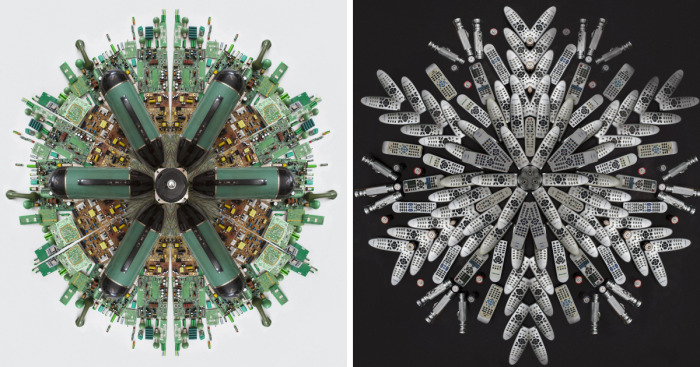
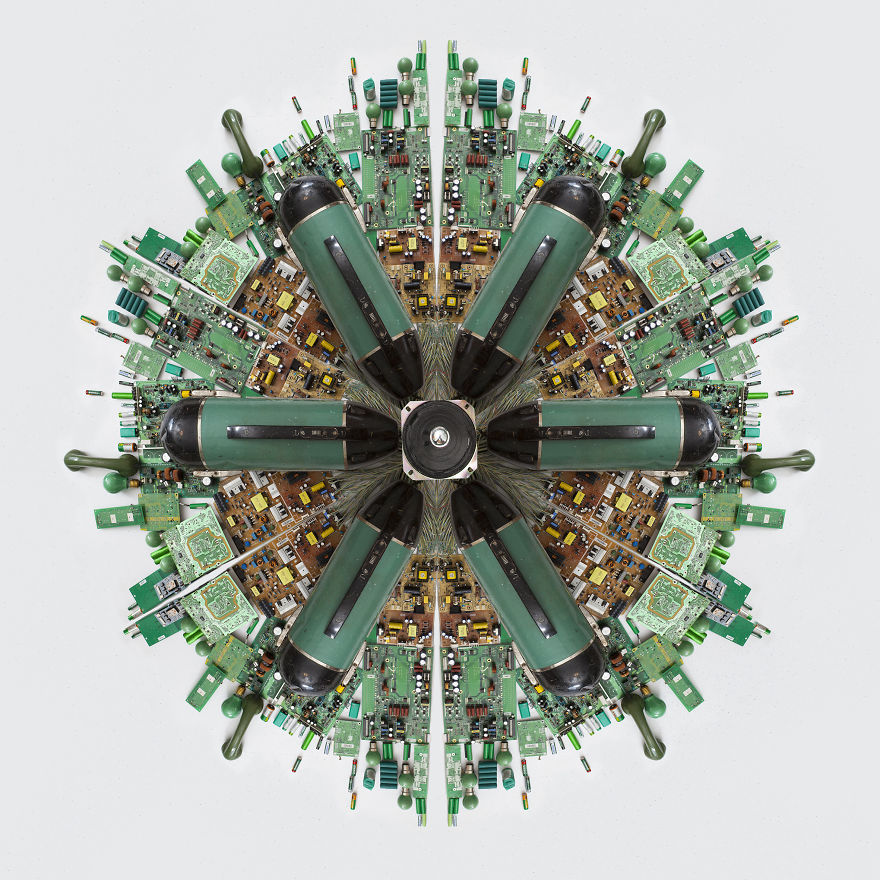
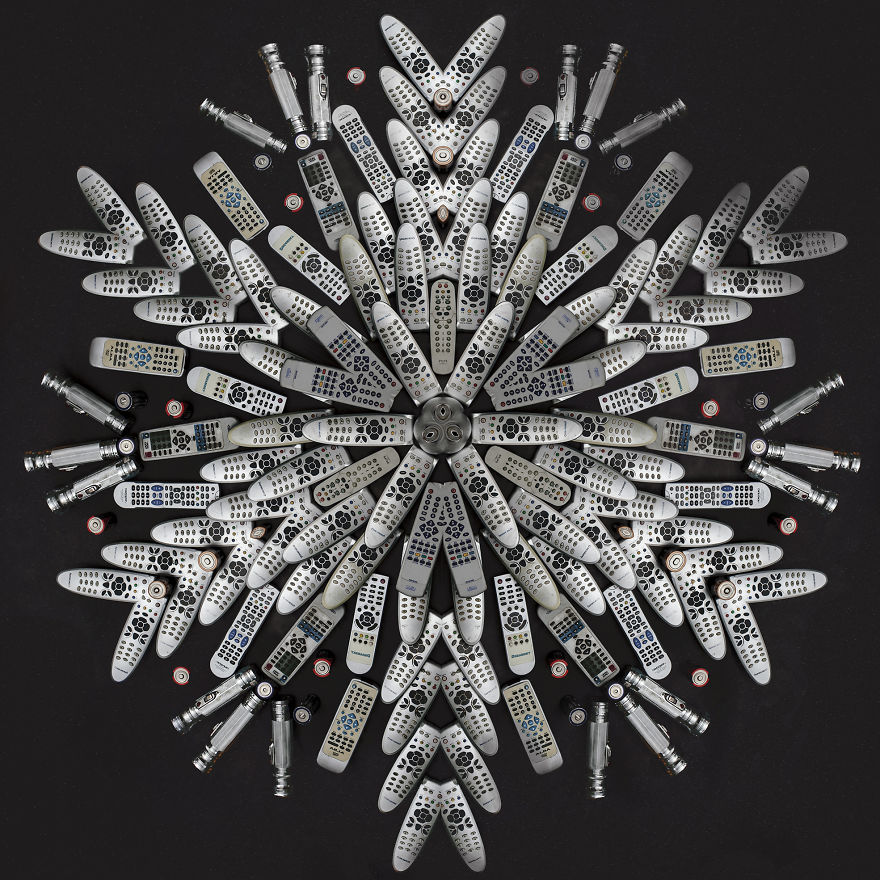
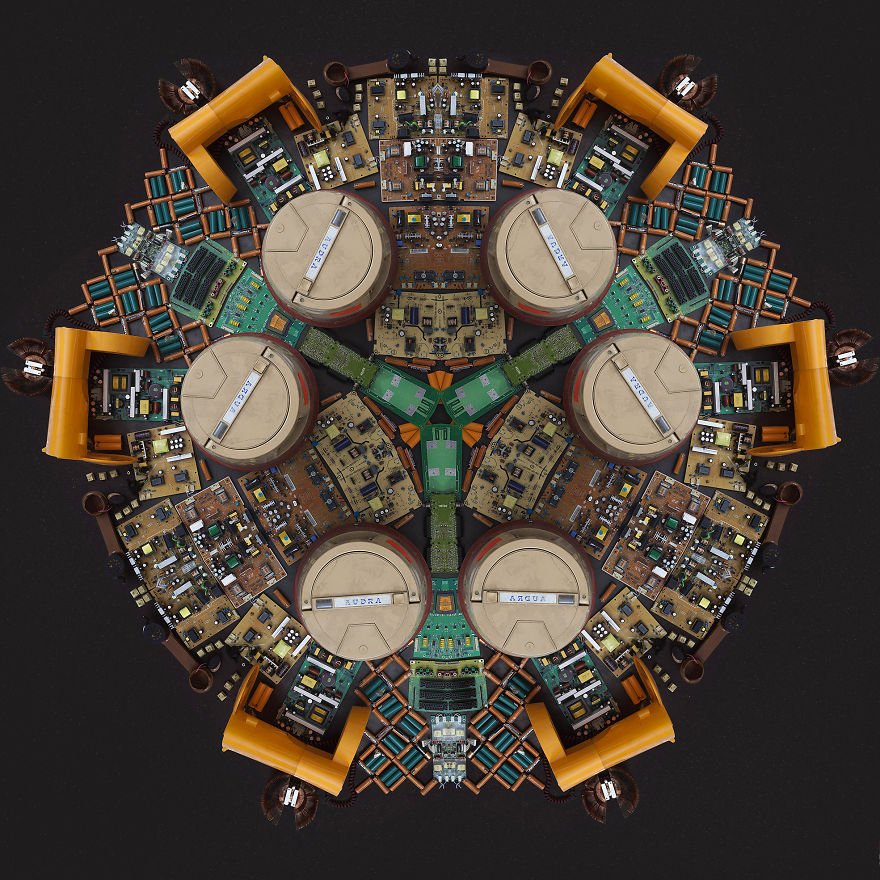
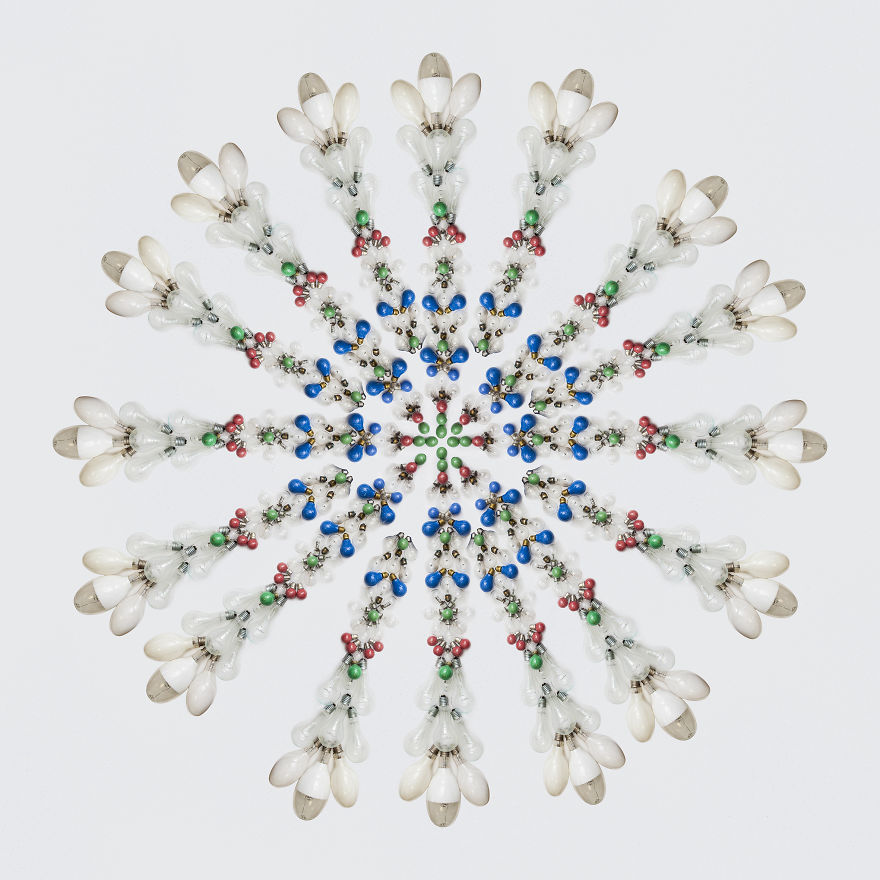
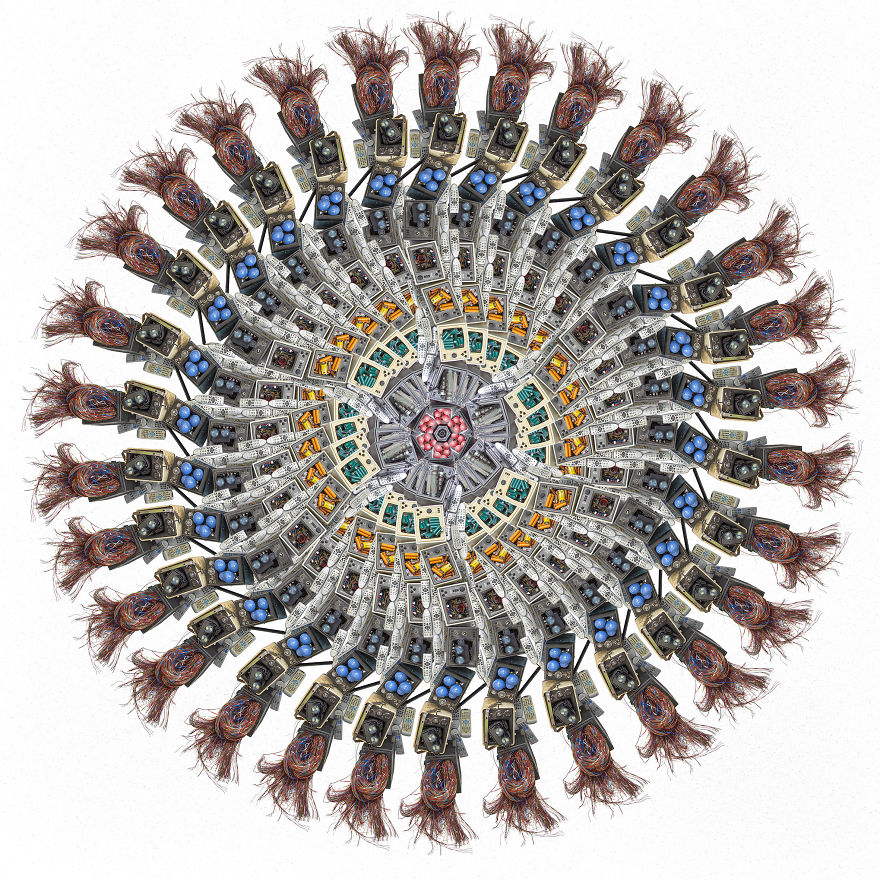
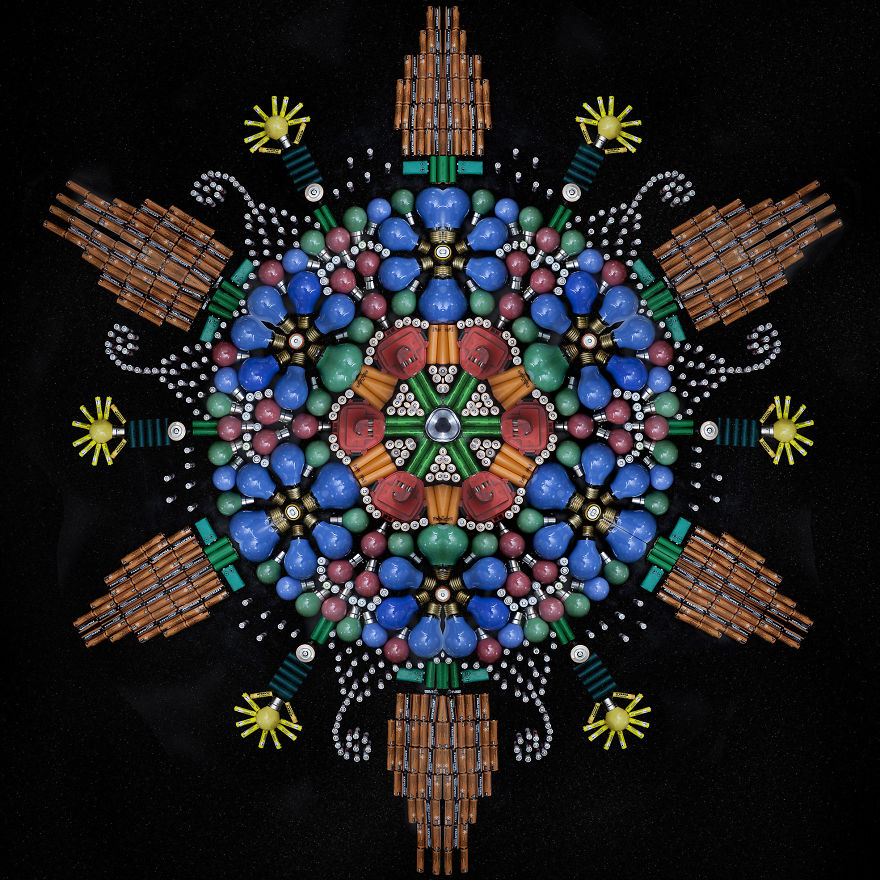
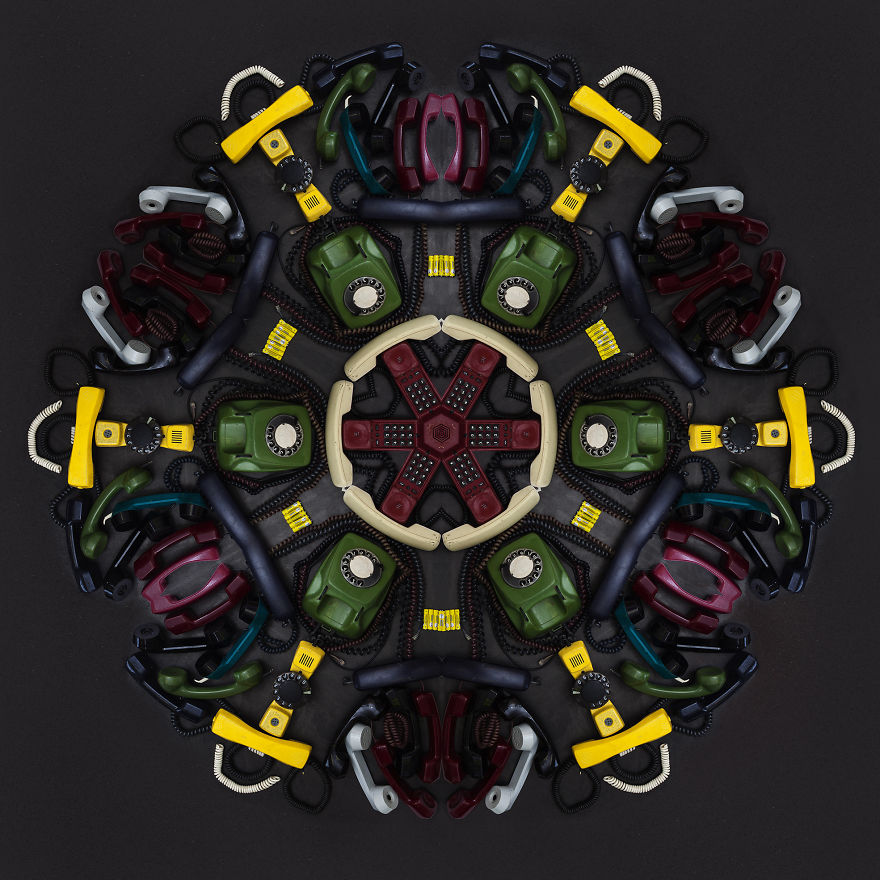
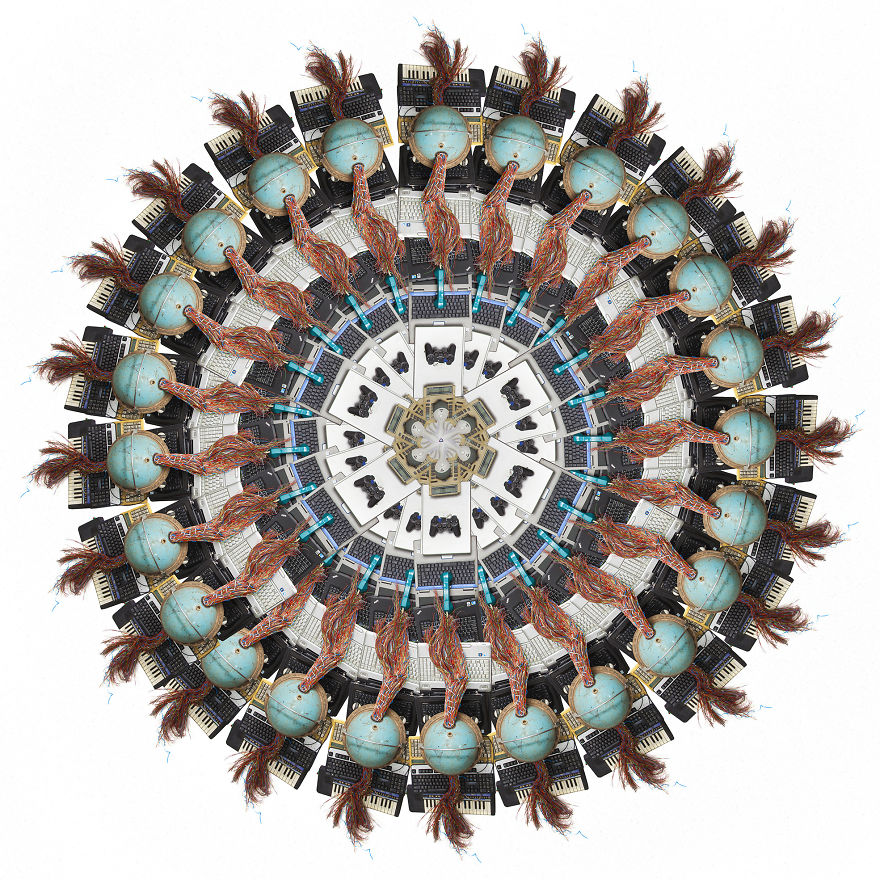
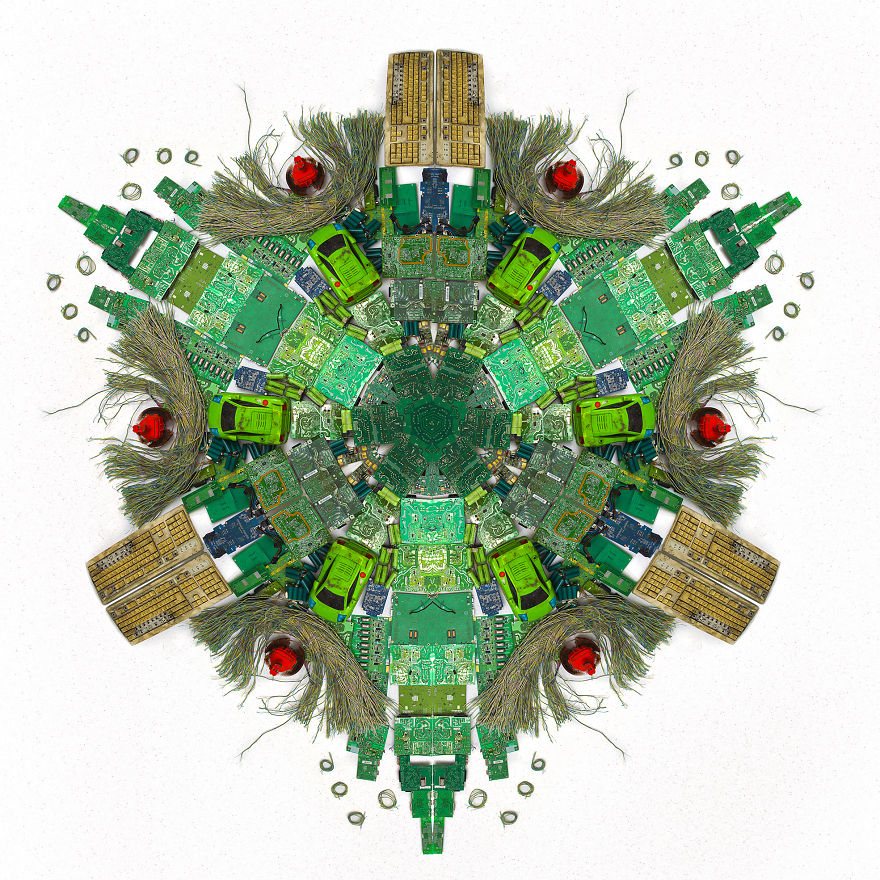
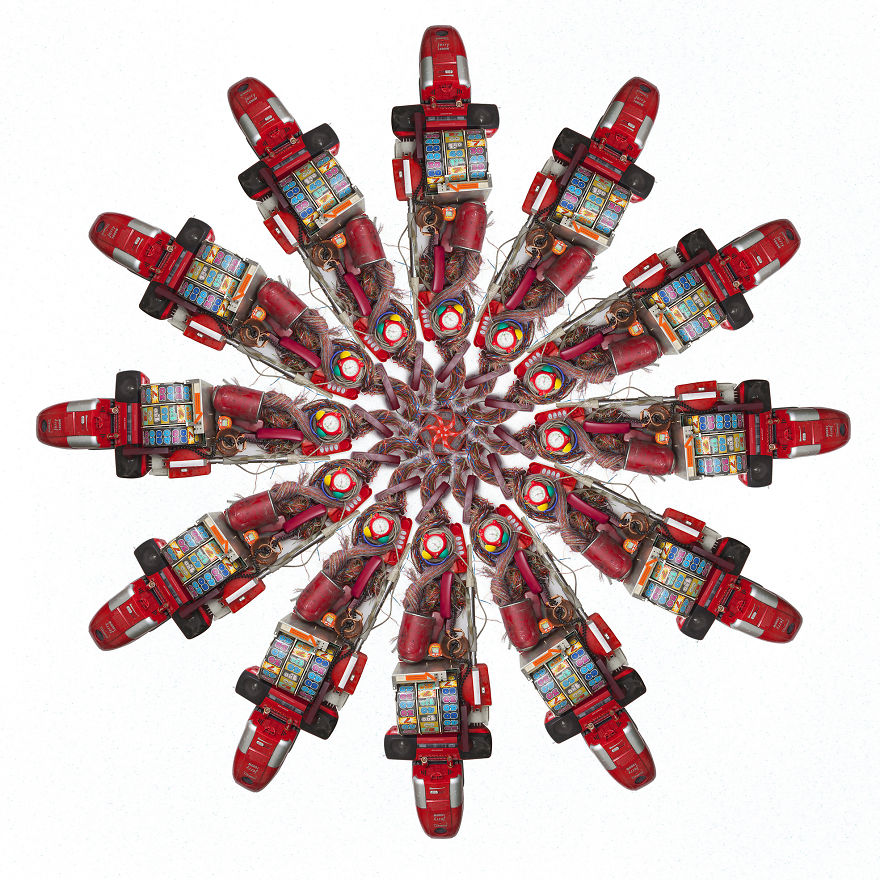
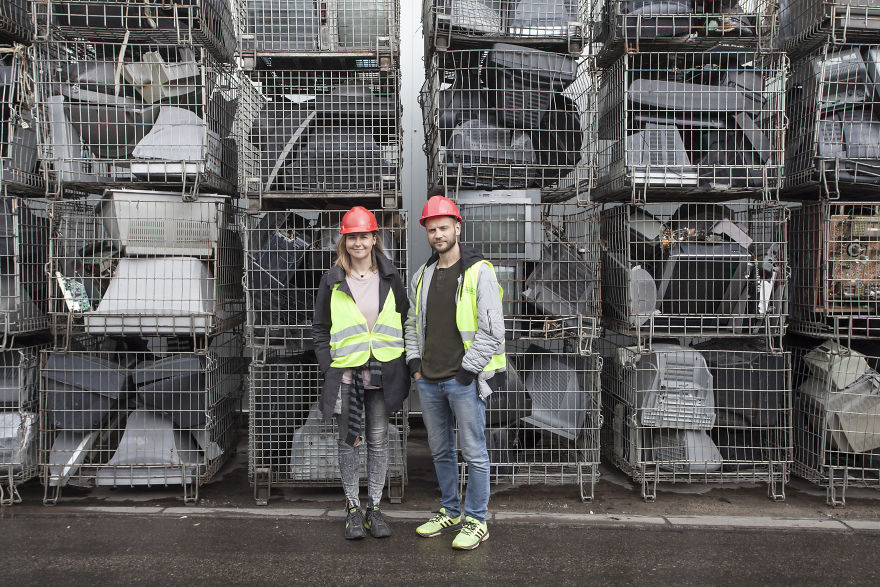










































31
1